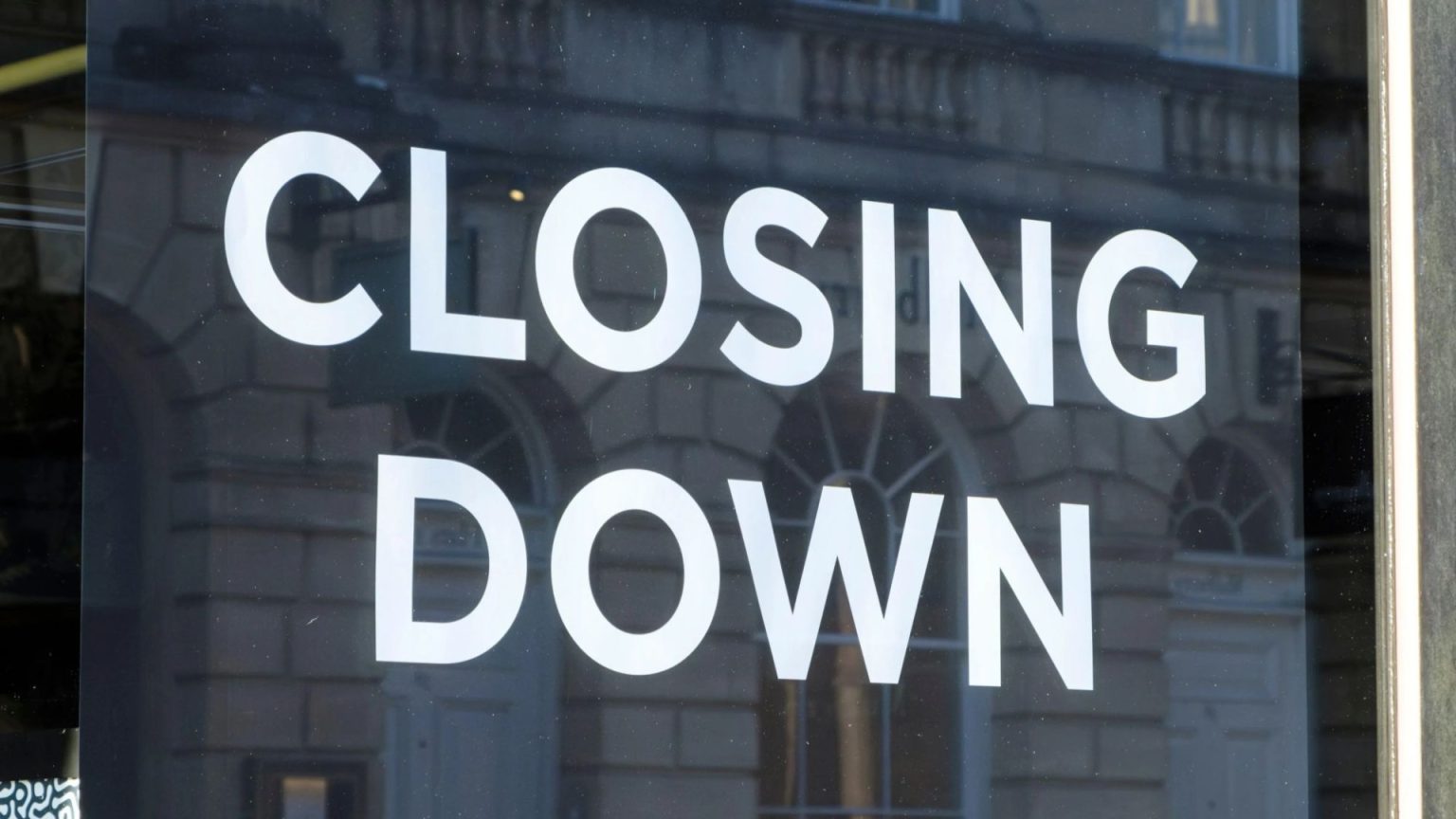The closure of an Iceland supermarket in Welling, London, has sparked outrage and concern among local residents. The store, slated to shutter its doors on February 1st, leaves a void in the community, particularly for those reliant on affordable food options. While Iceland has offered affected employees opportunities at nearby branches, the company has yet to disclose the specific reasons behind the closure, fueling speculation among residents who point fingers at shoplifting as a possible contributing factor. The closure has exacerbated anxieties about the declining state of the high street, with residents lamenting the loss of yet another essential retail outlet. The prevalent sentiment reflects a broader concern about access to reasonably priced groceries, particularly for vulnerable populations like the elderly and low-income families who may have limited online shopping options or rely on local stores for their daily needs.
The Welling closure is part of a wider trend affecting Iceland stores across the UK. Other recent closures include branches in Borehamwood and Exeter, adding to the growing list of shuttered locations. Despite these closures, Iceland has announced plans to open 20 new Iceland and Food Warehouse stores by the end of April, suggesting a strategic shift in location rather than a complete downsizing. This information, however, offers little solace to the Welling community, who face the immediate consequence of losing a valuable local resource. The situation underscores the challenges facing brick-and-mortar retailers in the current economic climate and the impact these closures have on local communities.
The concerns expressed by Welling residents echo a larger narrative of high street decline, where traditional retail spaces are struggling to compete with online giants and rising operating costs. The loss of Iceland compounds the existing challenges faced by the community, which has witnessed a dwindling number of accessible and affordable retail options. The residents’ frustration reflects a sense of powerlessness against the forces reshaping the retail landscape, leaving them with fewer choices and increasing anxieties about the future of their local high street. The closure raises questions about the long-term viability of traditional retail models and the need for innovative solutions to revitalize struggling communities.
Beyond the immediate impact on shoppers, the Iceland closure also symbolizes the broader socio-economic changes impacting communities across the UK. The shift towards online shopping and the rise of delivery services have created a competitive landscape that traditional retailers struggle to navigate. This trend, coupled with increasing rent and operating costs, has contributed to the closure of numerous high street stores, leaving communities grappling with the consequences. The Welling closure highlights the need for a more comprehensive approach to supporting local businesses and ensuring that communities have access to essential services.
The closure of Iceland in Welling is not an isolated incident. Other major retailers are also facing similar challenges, leading to store closures across the country. Dobbies Garden Centre, for example, recently announced the closure of its Hare Hatch branch, following the closure of 12 other locations just before Christmas. Similarly, Co-op Central, a separate entity from the Co-operative Group, is set to close four more stores, adding to a list of 19 “financially unsustainable” branches slated for closure. These closures underscore the systemic challenges facing the retail sector and the ripple effect these closures have on local economies and communities.
The wave of store closures across the UK paints a bleak picture for the future of the high street. The decline of traditional retail spaces raises critical questions about the long-term viability of these models and the need for innovative solutions to address the changing consumer landscape. The closure of Iceland in Welling, along with the closures of other major retailers, serves as a stark reminder of the challenges facing communities across the UK and the need for proactive measures to support local businesses and ensure that communities have access to essential services. The situation calls for a collaborative approach involving retailers, local authorities, and community groups to find sustainable solutions that address the evolving needs of consumers while preserving the vitality of local high streets.











